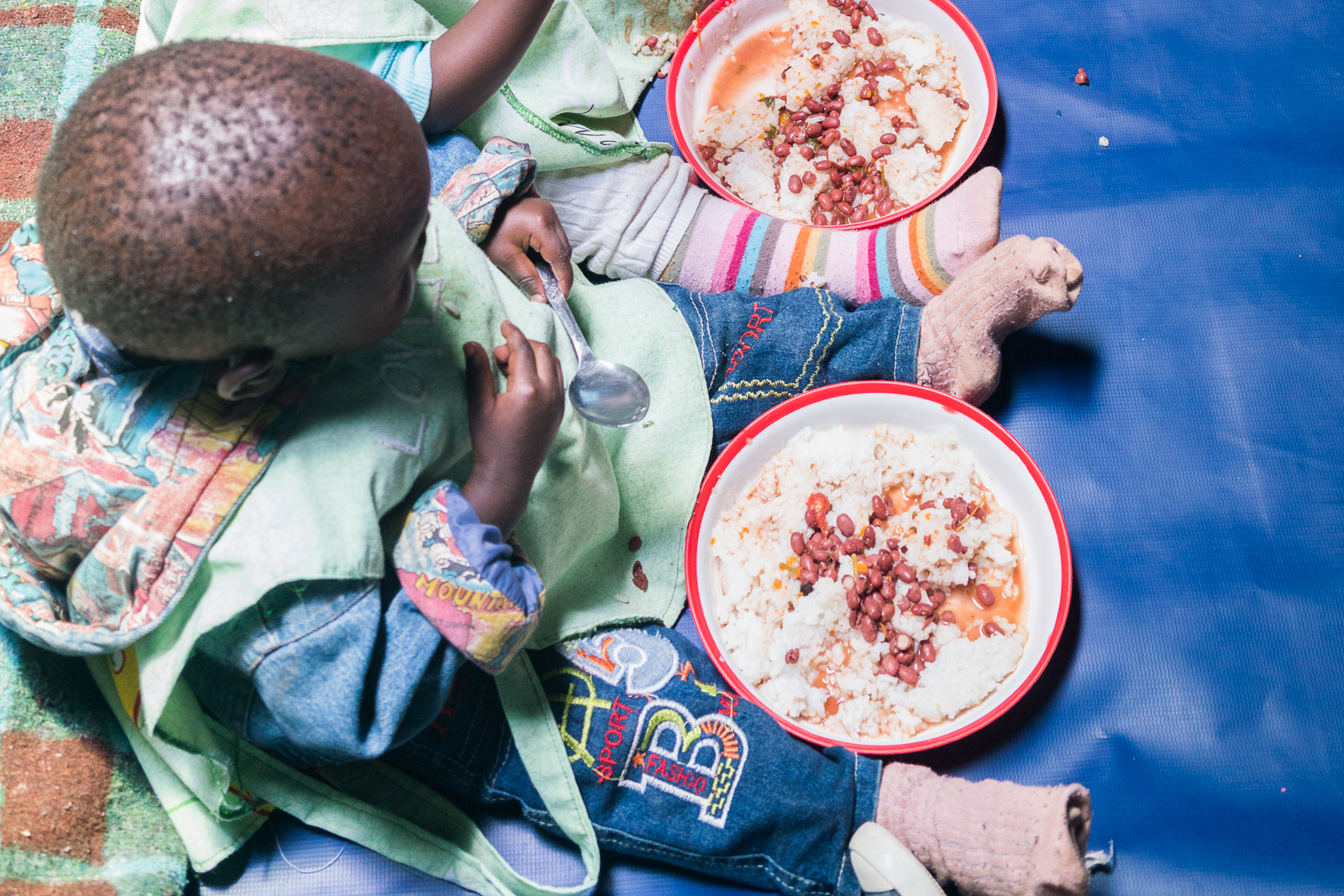
Nutrition and early learning are key to helping vulnerable children two years after Nepal earthquakes
Childcare, Early childhood development
The 2015 disaster damaged 14,000 early childhood development centres - here we look at a charity which is working to rebuild services for the under-fives.
Nepal’s youngest, most vulnerable children were devastated by the earthquake of 2015 – and the effect is still rippling two years on.
Malnutrition among the country’s poorest children is still the biggest challenge. That is why charities like the Nepal Youth Foundation believe feeding children as part of their early childhood development programmes is essential.
A major earthquake struck the country two years ago today, killing almost 9000 people.
It also damaged about 14,000 early childhood development (ECD) centres – 5000 of them completely destroyed – leaving more than a quarter of a million children with no access to early learning programmes.
Nepal Youth Foundation’s President, Som Paneru, took time out to speak to Theirworld about the many challenges ahead for the young children of Nepal.
He called for more global help to save children from the effects of malnutrition.
Paneru said: “The areas requiring urgent intervention for young children in Nepal is saving them from death and disability due to malnutrition. And intervening in children’s early education to improve the low level of learning achievement and improve children’s overall future prospects.
“ECD has been affected badly by the 2015 earthquake. The ECD centres were damaged and children couldn’t return due to the threat of another quake. Many educational materials were buried and school premises were very risky.
“Young children were disturbed psychologically. Things were in chaos both at home and at school and the children lacked a routine life.
“Around 280,000 were affected by the earthquake. More than a million children had been attending an ECD programme at that time.”
Early childhood development supports children’s development from birth to age five. Theirworld’s #5for5 campaign is urging leaders to invest more in programmes and services that support nurturing care, including health, nutrition, play, learning and protection.
During and after emergencies, such as a natural disaster, safe spaces help children overcome the physical, emotional and psychological trauma.
The very youngest – those whose brains and bodies are developing the most rapidly – face additional challenges.
The physical deprivation, psychological trauma, toxic stress and inadequate cognitive and emotional development can have long-lasting impacts on their ability to learn, grow and recover.

Nepal Youth Foundation is working to improve the quality of the Nepalese government’s ECD programmes.
Paneru said: “Currently we are working with 50 ECD centres in Lalitpur, Chitwan, Sindhupalchowk and Kavre districts – mostly catering to children from disadvantaged communities.
“In view of the prevalence of malnutrition in the country, and the critical need of good nutrition for child’s development, we run a successful midday meal programme for the children at the ECDs and also train parents on good nutritional practices.
“We work on upgrading the infrastructure and improving the capacity of teachers and facilitators. We also impart awareness to parents to improve early childhood development at home.”
After the earthquake, the government and social organisations jointly established temporary learning centres (TLCs.) in the severely affected areas.
Paneru explained: “Two years on after the earthquake, the children are in temporary shelters. The reconstruction efforts are delayed and inadequate. The National Reconstruction Authority reports that only a third of the required budget for overall reconstruction after the quake has been ensured.”

Child nutrition (early childhood development)
A total of 1049 ECD centres are reported to have been built so far and another 2018 are under construction, according to the Department of Education.
Nepal’s education sector has included some mention of ECD in national development plans since the 1970s.
But it was not until 2000 that ECD took a formal place in national policy when the government adopted the goals and strategies of the global movement Education for All (EFA).
There are more than 33,000 ECD centres and pre-primary classes (PPCs) in Nepal offering services to children aged three to five.
“Despite all the development and provision in policy, quality and access to the ECD is a big challenge,” Paneru said.
“Access to ECD services for disadvantaged groups such as Dalit and Janajati groups is limited compared to other groups. The quality of ECD centres is also very poor, owing to a lack of adequate infrastructure and facilities, high child-teacher ratios, and under-qualified and under-paid teachers or facilitators.”
In the wake of the earthquakes, Nepal Youth Foundation reached out by operating 17 day care and learning centres in Kathmandu valley and Dolakha – helping 1200 children.
Young girls and boys receive nutritious midday meals, psychological counseling and other learning activities at the centres.
Paneru said: “NYF counsellors also trained 300 teachers, staff and volunteers on psychological first aid, to help the children and adults recover from the trauma.”
For further information about the charity’s work, contact Hannah Coppersmith, CEO, Nepal Youth Foundation UK.
More news

MyBestStart programme gives young girls the education they deserve
